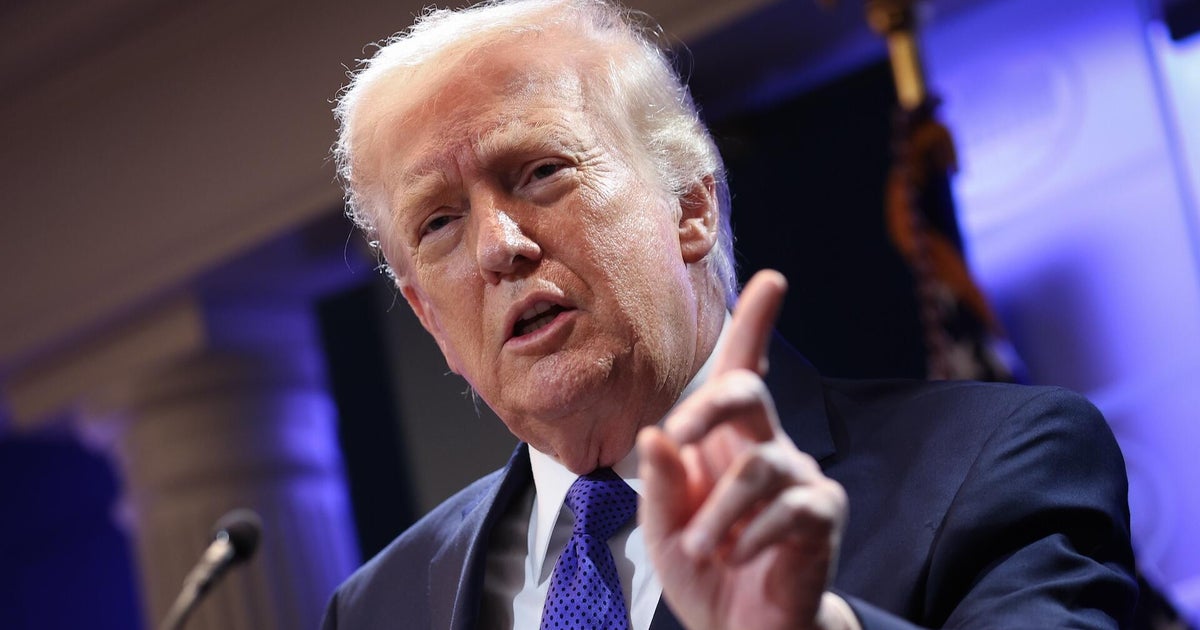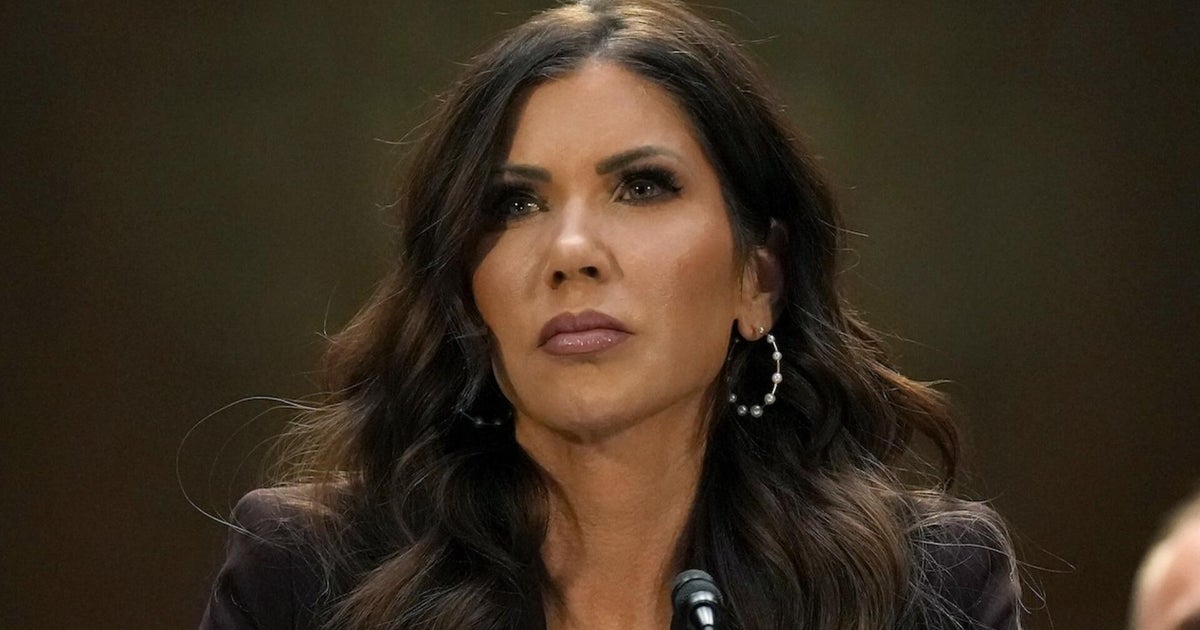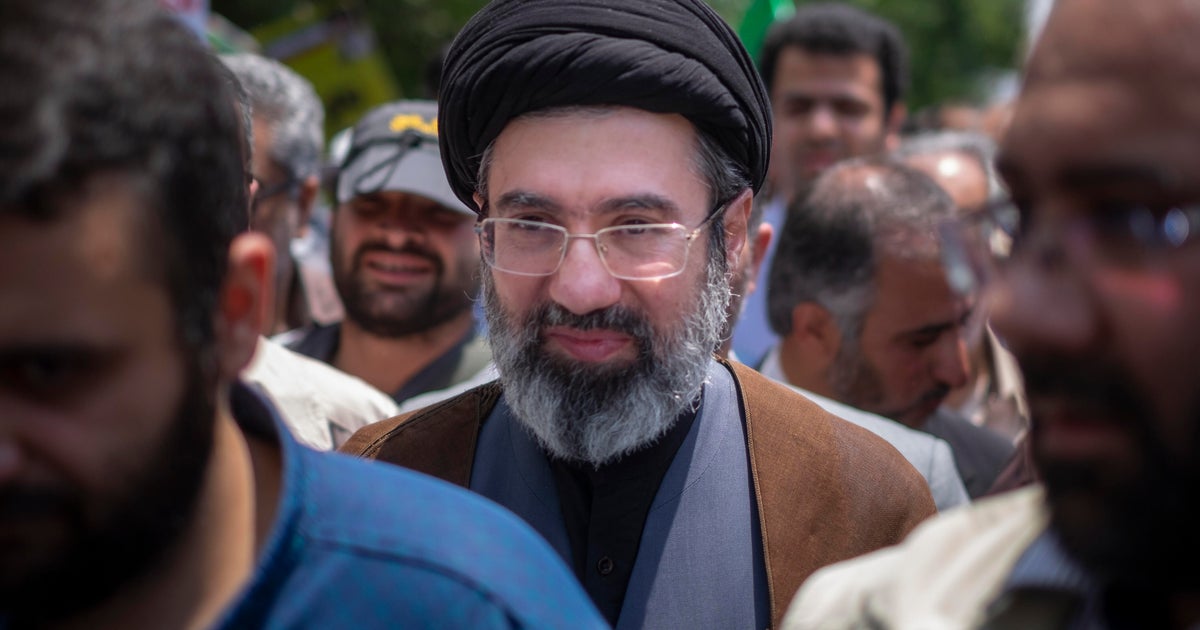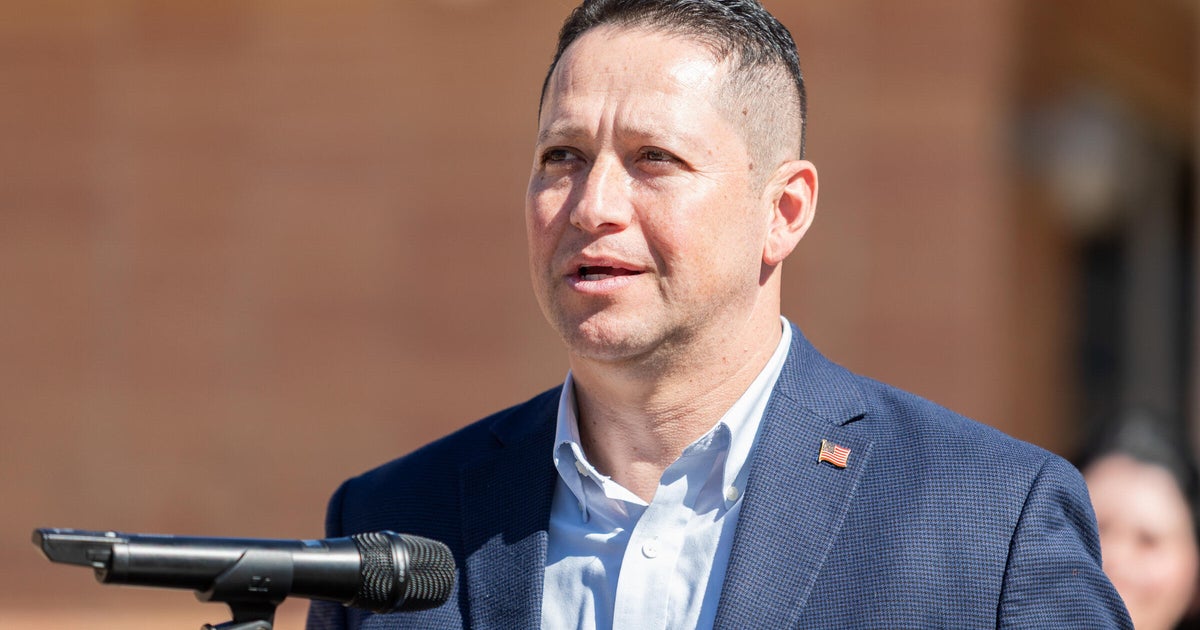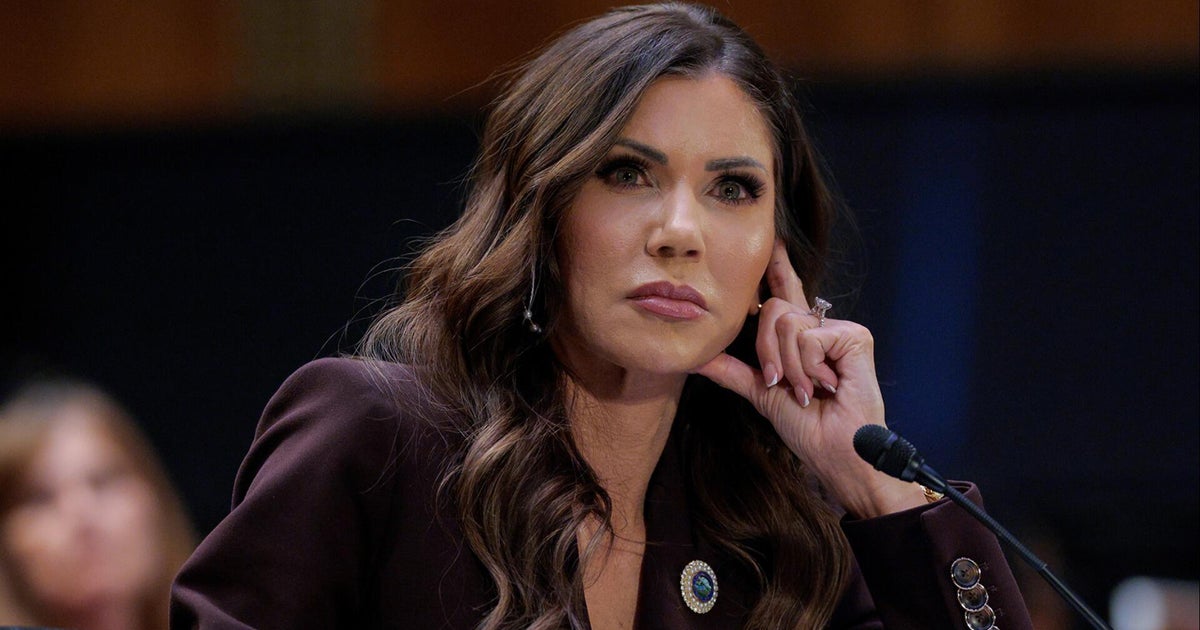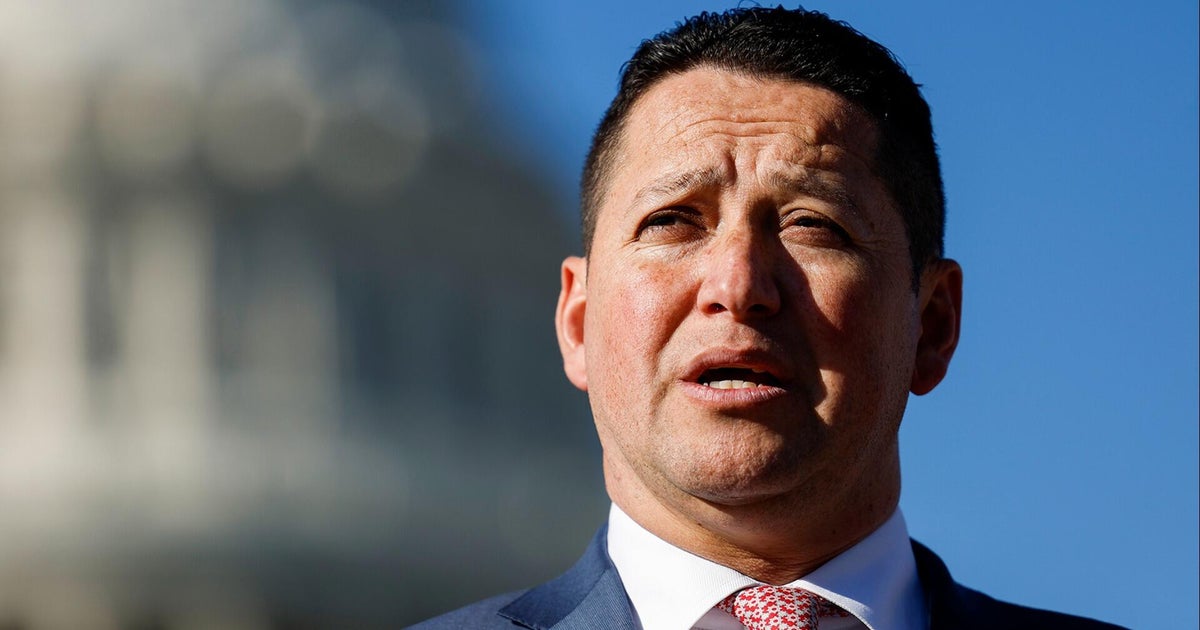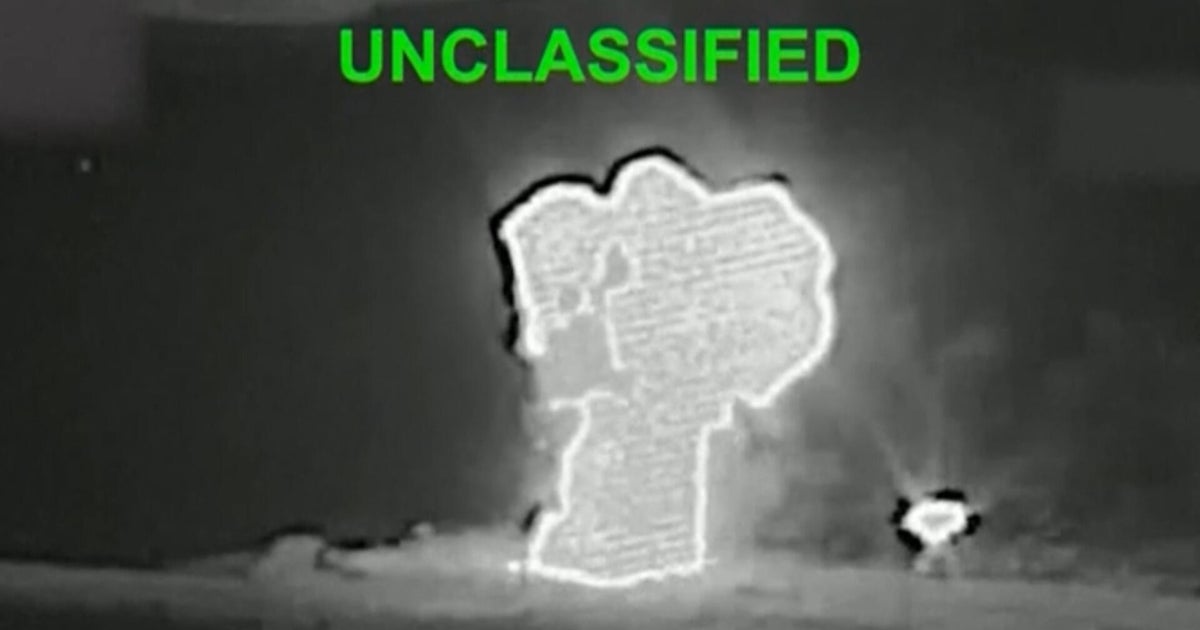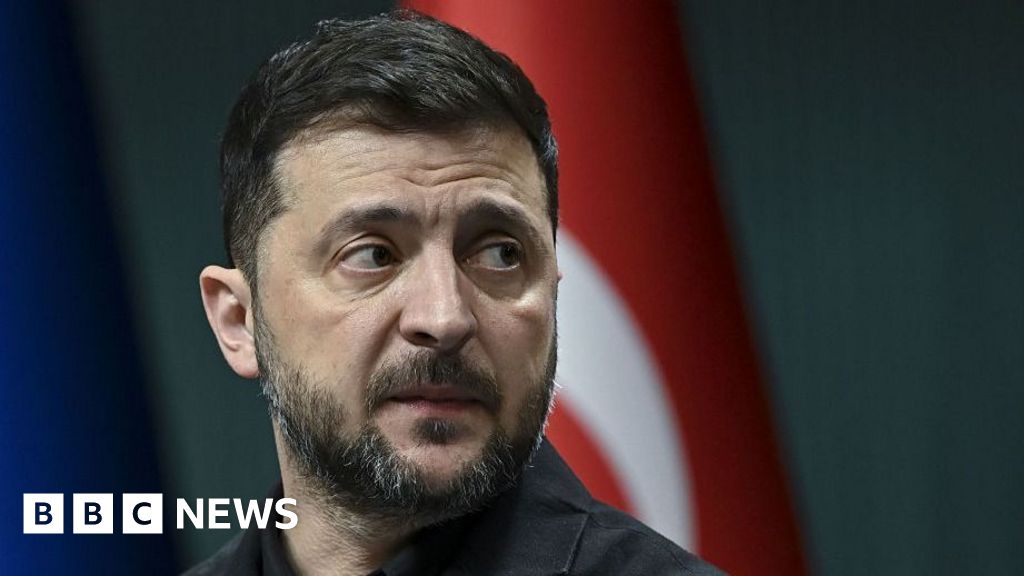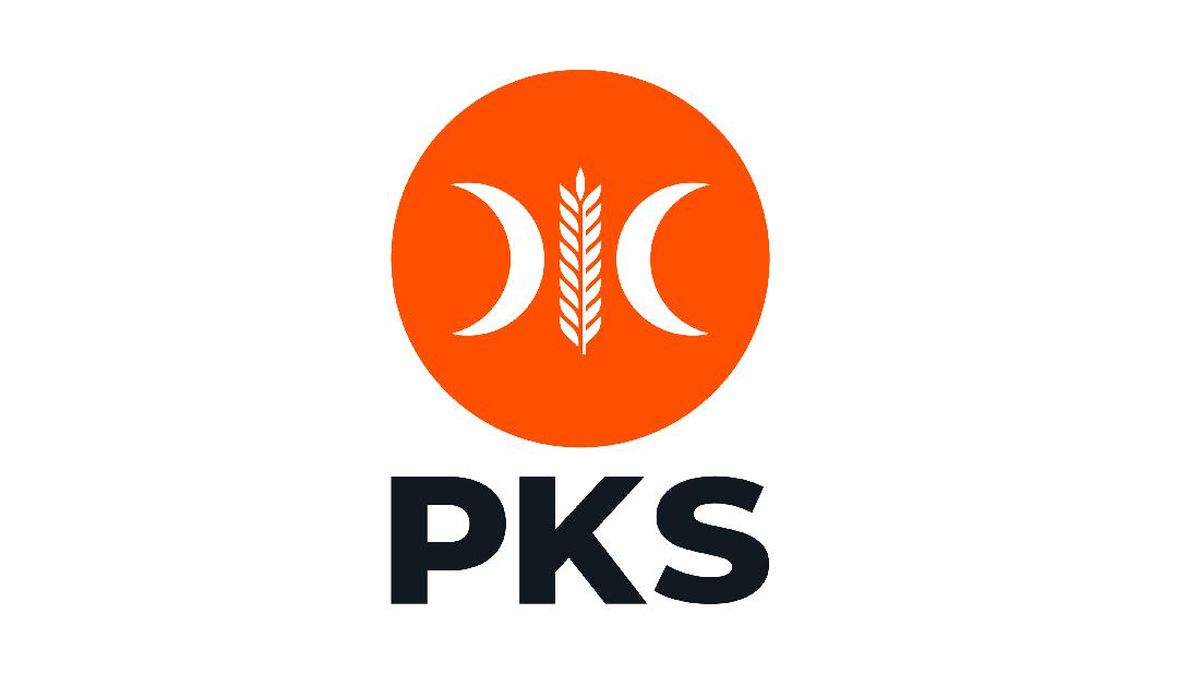Opinion
November 17, 2025 — 5.00am
November 17, 2025 — 5.00am
Anthony Albanese is not always direct. On Sunday, though, his directness was matched only by his accuracy. On climate policy, he said, the Coalition had become a “rabble and clown show”.
And so the most important thing to say is this: obviously, the Coalition division over climate – and the muddy, meaningless position the opposition formally agreed on Sunday – is mostly a problem for the Coalition. Its policy denies reality, all but denies the threat of climate change, bypasses economics and ignores the desires of both the energy sector and the voters the Coalition needs to win over at elections.

Illustration by Jozsef Benke Credit:
Here’s what Labor MPs licking their lips should keep in mind though: the last two times we saw the Liberals implode like this, the leaders who took over ended up beating Labor at elections. Tony Abbott replaced Malcolm Turnbull in 2009, almost beat Labor at the next election and did so at the election after that. Scott Morrison replaced Turnbull in 2018 and won an election just nine months later.
Those situations were not exactly alike. But zooming in on Abbott’s experience should remind us of a central political law: oppositions don’t win elections – governments lose them.
In other words, for all the attention the Coalition is (justifiably) getting right now, what matters most over the next few years is what Labor does. That’s true about the climate itself – because Labor is in power. And it’s true on the politics, as well. And with that in mind, the current Liberal implosion – as perverse as this may seem – poses two threats to Labor.
Loading
The first is that, eventually, the Liberals land on a sharp enough anti-net-zero argument to force Labor to actually advocate for what it’s doing on climate. This is less likely to happen under Sussan Ley, for much the same reason it didn’t happen under Turnbull: under a moderate leader, the Conservatives in the party will keep pushing for a harder line until the leader’s position becomes impossible. But at some point – perhaps under Angus Taylor or Andrew Hastie – it might.
Things could then become interesting. Because one of the key characteristics of the past few years is how rarely Labor has been forced to make a persuasive argument for its own policies. And that, in turn, is because Labor has resolutely avoided fights. Think about it: when was the last time Labor had to win an argument against determined opposition?
The 2025 election? Perhaps. As I’ve argued before, Albanese correctly read the public mood well ahead of time: the fact voters wanted calm above all else. But any serious analysis of that election can’t avoid the fact that incumbents around the world at precisely that time received a tremendous “Trump bump” in the polls. Labor’s bump just happened to coincide with an election. It would be foolish to conclude, on the basis of that campaign alone, that Labor is good at winning arguments.
The stage 3 tax cuts, then? Breaking promises isn’t an easy sell, though a tax cut for everyone probably is. Most clearly, Labor won last term’s argument on housing. But when else? Setting climate targets was delayed until after the election, meaning it didn’t have to win that argument during the campaign. It chose not to fight on gambling or nature laws. It gave in to the Coalition on various immigration debates.
Loading
As I write in the 100th Quarterly Essay, out today, this aversion to conflict is a hallmark of the Albanese government. Often, it has been deliberate strategy. Arguably, it has worked so far. The downside, though, is that we don’t know much about Labor’s advocacy skills. Also, those advocacy skills are probably rusty. To put this another way: if this government has succeeded politically so far by avoiding fights, then an opposition that forces it to fight will test its mettle.
The second risk of the Coalition’s climate chaos is a quieter one, but potentially more deadly. Two months ago, Labor president Wayne Swan declared that what kept him awake at night was the thought that the moment “you believe you’ve mastered politics is when it masters you”. Complacency, he said, was “the handmaiden of decline”.
And so the other danger is that Labor never feels pushed by the Coalition; and, as a result, it is not as good a government as voters expect. And this is a particular problem because other sources of pressure are not immediately obvious.
You might think the Labor caucus would have more to say – except that so far it hasn’t. Interestingly, in replies to the last Quarterly Essay by Marian Wilkinson – also published today – former Labor frontbencher Peter Garrett writes damningly of Labor’s “expansion of fossil-fuel schemes” despite its plans and “good intentions” on emissions and “the handsomest of majorities”. Cabinet, he writes, “oversees the grossest tax inequity imaginable, while caucus and relevant committees are mute, the formerly progressive ‘Left’ nowhere to be seen”.
Loading
He’s not the only one. Recently, former Labor senator Doug Cameron said the party’s Left faction had been “defanged”. A week ago, the ABC’s Steve Cannane reported that Labor MPs wanting stronger action on gambling ads were remaining silent “both publicly and inside … caucus”.
It’s worth recalling that during his prime ministership, Albanese has often looked strongest in times of pressure – during the stage 3 tax cuts debate and at the beginning of this year, facing worrying polls and an approaching election.
Prime ministers tend to like it when their opposition is down and when their MPs are resolutely behind them. But – as is true of all of us – just because they like something doesn’t mean it’s good for them.
Sean Kelly is a regular columnist and a former adviser to Julia Gillard and Kevin Rudd. He is the author of Quarterly Essay 100, The Good Fight: What Does Labor Stand For?, published today. He will discuss his essay with this masthead’s political editor, Peter Hartcher, at Red Mill, Rozelle, Sydney, on Thursday at 7pm.
Most Viewed in Politics
Loading

